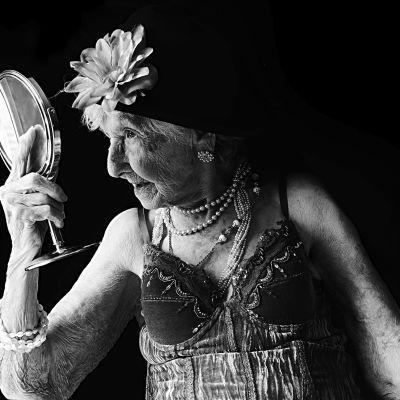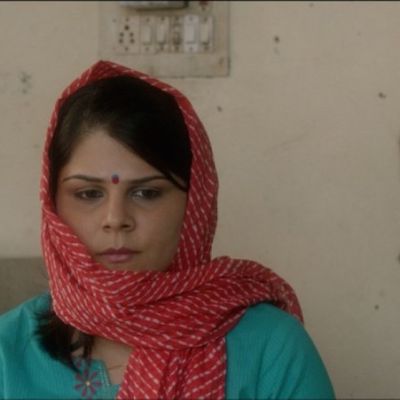romance
Of course, I knew I wasn’t the only person in the world writing about Sherlock Holmes. I, however, thought I was the only one in the world writing about them like that. You know.
Romantically.
To be without intricacies is to be without emotional boundaries, to disregard whoever whenever. Besties save you from your shit. They are your heart, and they transcend any efficiency that the Tinderization Bestie Robot attempts to offer you in its binary fantasy.
I felt naked in front of everyone when I first came out, and I can’t stress enough how much my male privilege has helped me out here. I don’t even know if people found it serious enough to consider it my identity instead of ‘a mere sexual preference’ or ‘a phase’ (always a classic dismissal).
None of these characters is perfect but in their imperfections we can learn more about body positivity, gender sensitivity, privilege, consent, unconscious and implicit bias, sexuality, masculinity, their intersections with class, religion, race, age, and more.
As Clément subverts ageist norms around beauty with her camera-work, the women and men (ranging in age from 70 to 102 years) who reveal themselves in this project give us a glimpse into their inner world and the rich and vibrant ways in which they experience sensuality.
Capturing moments of tenderness between these couples as they shine with affection, comfort, and laughter, Sujata’s photo-series reminds us that we don’t simply fall in love, but with time, nurture and strengthen intimacy.
The issue with the ‘Aunty’ body arises from a deeply misogynistic and dehumanising understanding of women. In this imagination the woman, whom the world now addresses as ‘Aunty’, has basically served her purpose of marriage and child bearing, and is hence rendered useless.
While the idea of older adults and sex is a taboo in itself, the idea of older adults exploring their sexuality, by engaging in same-sex relationships, or by experimenting with the way the look, or by becoming more sexually active, causes even greater discomfort.
Why is it always so hard to find a place for intimacy and why do we have to lie and cheat our way into getting it? Everything related to non-committal sex was always so taboo, shrouded in secrecy, and eliciting raised eyebrows, that it turned me off.
The movie was criticised for its stereotypical portrayal of Debu as a gay man. But, the beauty is that it also highlights the reversal of gender roles. The smiles, and the laughter sounding throughout the house, create a cheery note in the movie.
There is a deep connect between travel and sexuality that is internalized at gut level. From birth perhaps. Across cultures. The two are almost metaphors for each other, twins, borrowing words from the lexicon of the other, entwining identity.
As the fire rages on and licks of flames get higher and higher, the burning desire, tension and sexual chemistry between the two rises to a crescendo. Heloise gets so consumed that a part of her dress catches fire, but it is quickly put out by the other women present there.
I think the best thing we can do as we take this conversation forward is to consider this multifaceted breadth of desire as erotica; to include and not exclude in our definitions, and to accept desire wherever it lives, and in whatever form.
“A spirited independent single mother struggles on a daily basis to provide a comfortable life to her son and herself. She runs a small Internet cafe in Patiala, Punjab for a living, and is an Internet user herself. The film highlights a phase in her life when love comes knocking on her door. If only its timing was right!”
Feminist critiques are often critiques of relationship structures: marriage, the joint and nuclear family, monogamy, and heteronormativity. Patriarchy, fundamentally a system of inheritance, finds a natural home in these structures.
This is why I’ve often wondered: how do feminists imagine and navigate romantic relationships? Do they have to constantly be thinking about and watching out for the many ways in which power, privilege, autonomy and entitlement manifest in their relationships and dating culture? It seems rather unromantic to do so.















